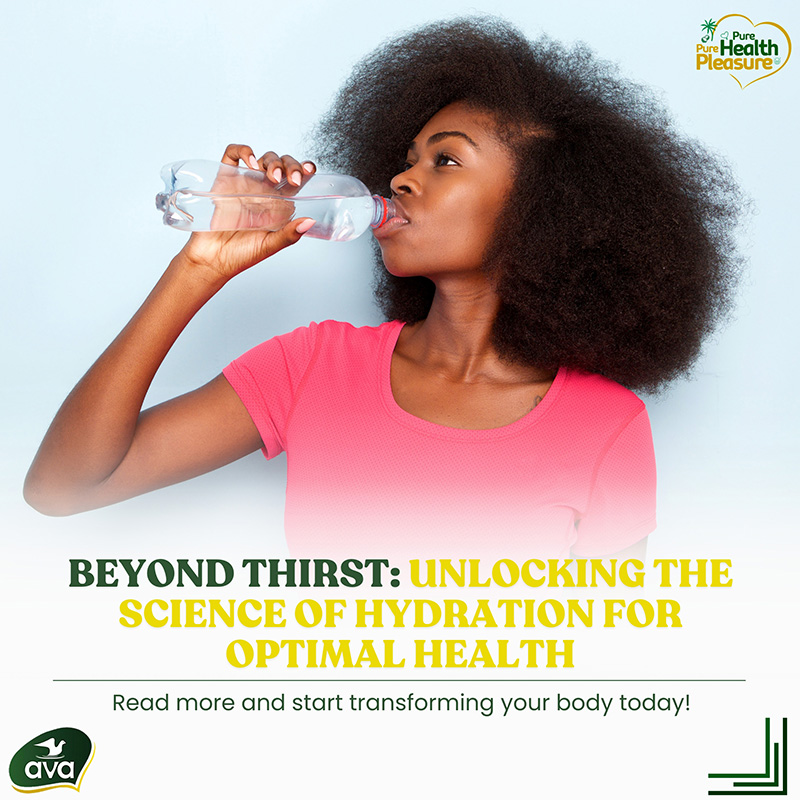Did you know that your body is approximately 60% water? Yet hydration is far more complex
than simply drinking eight glasses a day. Let’s dive into the fascinating science behind keeping your body optimally hydrated.
The Hidden Symphony of Hydration
Your body is constantly performing a delicate balancing act with water and electrolytes. Every cell, tissue, and organ depend on proper hydration to function. When you exercise, your muscles generate heat, triggering sweat to cool you down. But here’s the catch – you’re not just losing
water; you’re losing essential electrolytes too.
Beyond Water: The Electrolyte Story
Think of electrolytes as your body’s electrical system. These minerals – including sodium, potassium, magnesium, and calcium – carry electrical charges that:
- Power nerve impulses
- Enable muscle contractions
- Regulate fluid balance
- Control your body’s pH levels
The Thirst Mystery
Feeling thirsty? You’re already mildly dehydrated. Your body’s thirst mechanism kicks in when
you’ve lost about 1-2% of your body water. Surprisingly, aging can dull this response, making older adults particularly vulnerable to dehydration. This is why proactive hydration is crucial.
Hydration Heroes: Foods That Count
Water isn’t your only source of hydration. Many foods contribute significantly to your daily fluid intake:
Watermelon (92% water) is nature’s hydrating dessert, packed with electrolytes and antioxidants.
Cucumbers (95% water) provide a refreshing crunch while helping you stay hydrated. Even seemingly dry foods like oatmeal absorb water during preparation, contributing to your daily intake.
Smart Hydration Strategies
Listen to your body, but also be proactive:
- Check your urine color – pale yellow indicates good hydration
- Weigh yourself before and after exercise to gauge fluid loss
- Sip water throughout the day rather than chugging large amounts
- Increase intake during hot weather or intense physical activity
Debunking Hydration Myths
“If you’re thirsty, you’re already dehydrated!”
Partially true, but not as dire as often claimed. Thirst is your body’s early warning system, not an emergency signal.
“Coffee dehydrates you!”
Current research shows that moderate caffeine intake doesn’t significantly impact hydration levels in regular coffee drinkers.
Your Hydration Action Plan
- Start your day with a glass of water
- Set reminders to drink throughout the day
- Learn to recognize your body’s hydration signals
- Adjust intake based on activity level and climate
5. Include hydrating foods in your diet
Test Your Hydration Knowledge
How well do you understand hydration? Ask yourself:
- Can you name three signs of dehydration?
- What role do electrolytes play in hydration?
- How does your hydration need change with exercise?
Remember, proper hydration isn’t just about drinking water – it’s about maintaining a complex
balance that affects every aspect of your health and performance. By understanding the science behind hydration, you can make informed choices about your fluid intake and optimize your body’s function.
What hydration strategies will you implement in your daily routine?

